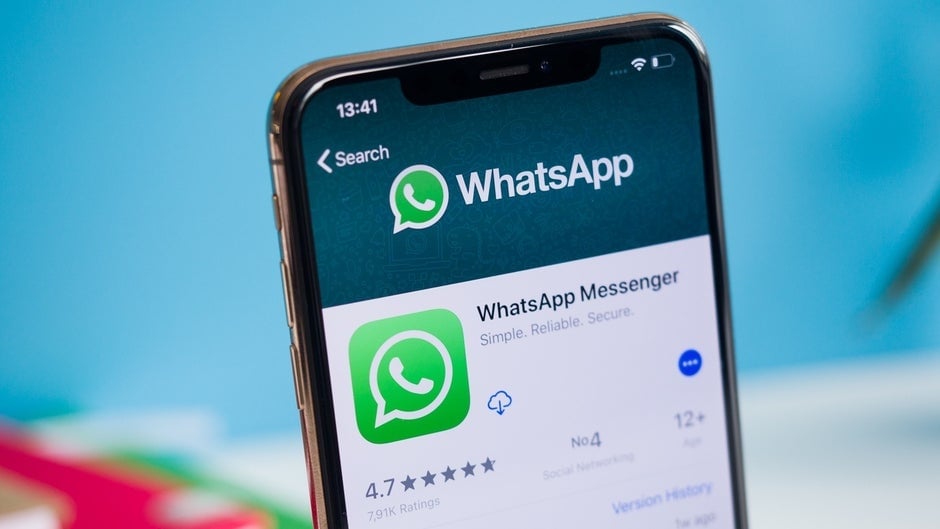 |
Whatsapp has just been banned from use in the US Congress . Photo: Phone Arena . |
WhatsApp, one of the most popular messaging apps in the US, has been completely banned from all devices of the US House of Representatives, initially due to concerns about how the app handles user data and security.
According to Axios , House staff received an email on June 23 from the Chief Administrative Officer (CAO), informing them that the messaging app is no longer allowed on any government- owned phone, computer, or browser. They were asked to uninstall the app if they had it installed and avoid downloading it in the future.
The Office of Cybersecurity said WhatsApp was considered a high-risk platform. “There is a lack of transparency in how user data is protected, no encryption of stored data, and potential security risks when used,” the agency said of the platform.
This isn’t the first time the House has restricted access to popular digital tools. Over the past few years, the agency has issued full or partial bans on ByteDance apps, AI tools like DeepSeek, and even Microsoft Copilot. As for OpenAI, only the paid version, ChatGPT Plus, is currently approved for use.
The decision to block WhatsApp comes shortly after Meta, the app's parent company, confirmed plans to test ads on its WhatsApp Status feature. The timing of the order has sparked speculation that Meta's recent commercialization moves were behind the move, despite previously citing security reasons.
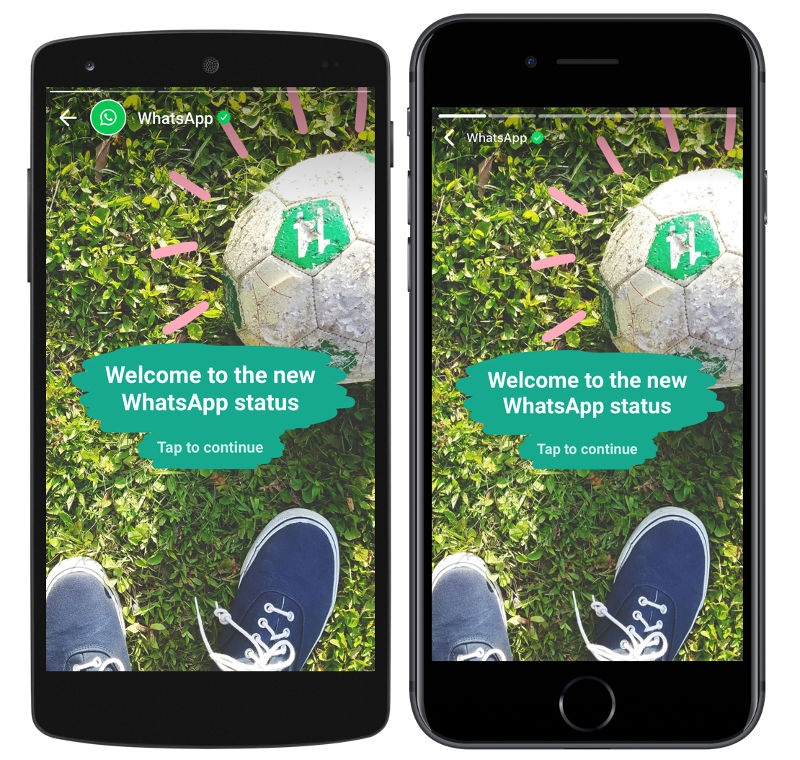 |
Meta's advertising plan. Photo: Whatsapp. |
In response, Meta spokesman Andy Stone stressed that WhatsApp messages are end-to-end encrypted by default, meaning only those involved in the conversation can read the content.
“We strongly disagree with the House Administrative Director’s description. WhatsApp provides a higher level of security than most apps on the CAO’s approved list, which do not have such protections,” Stone said.
Despite his defense, the House Administrative Director listed several alternative messaging apps approved for use in the office, including Microsoft Teams, Signal, Wickr, iMessage, and FaceTime. The email also warned staff to be on the lookout for phishing attempts and strange text messages.
Previously, WhatsApp was known for encryption as one of its core features. The House's decision has sparked debate about the safety of messaging apps, especially as more platforms begin to implement advertising. These changes could affect user privacy.
According to PhoneArena , Signal's appearance on the approved list is quite a surprising decision, as this platform was involved in a previous political scandal involving former US Security Advisor Wike Waltz.
Source: https://znews.vn/nhan-vien-quoc-hoi-my-bi-cam-dung-whatsapp-post1563391.html



![[Photo] Spreading Vietnamese culture to Russian children](https://vphoto.vietnam.vn/thumb/1200x675/vietnam/resource/IMAGE/2025/9/19/0c3a3a23fc544b9c9b67f4e243f1e165)
![[Photo] Prime Minister Pham Minh Chinh chairs the sixth meeting of the Red River Delta Coordination Council](https://vphoto.vietnam.vn/thumb/1200x675/vietnam/resource/IMAGE/2025/9/20/310e73a867174433b2c489ec309c9063)
![[Photo] Secret Garden will appear in Nhan Dan Newspaper's Good Morning Vietnam 2025 project](https://vphoto.vietnam.vn/thumb/1200x675/vietnam/resource/IMAGE/2025/9/19/cec307f0cfdd4836b1b36954efe35a79)







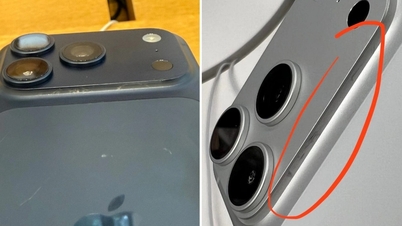











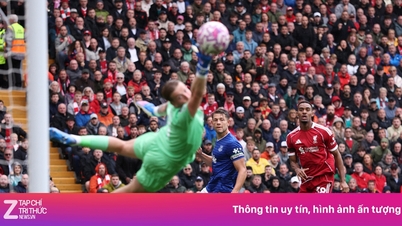

![[Photo] Sea turtle midwives](https://vphoto.vietnam.vn/thumb/1200x675/vietnam/resource/IMAGE/2025/9/19/9547200fdcea40bca323e59652c1d07e)











































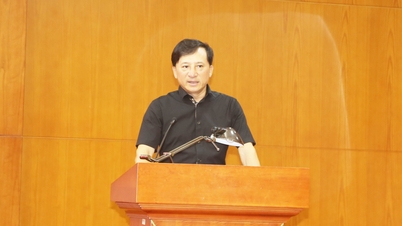
























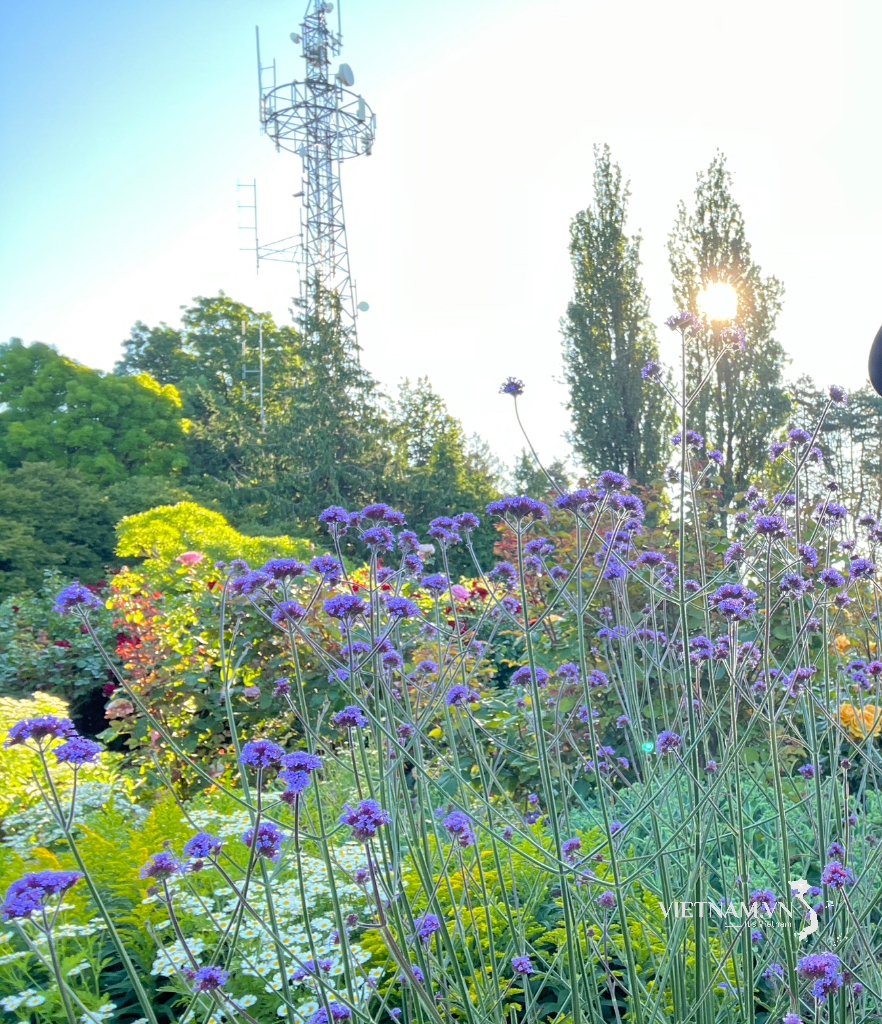

Comment (0)